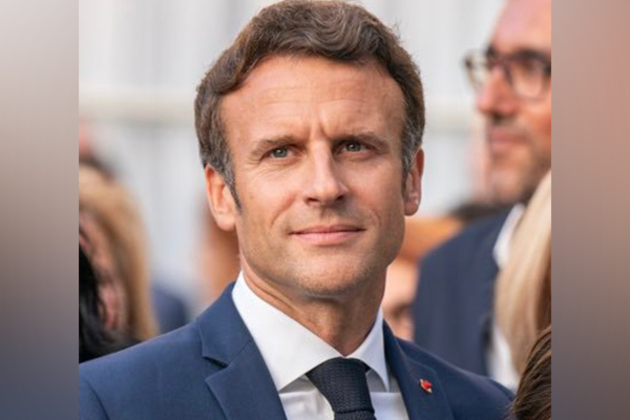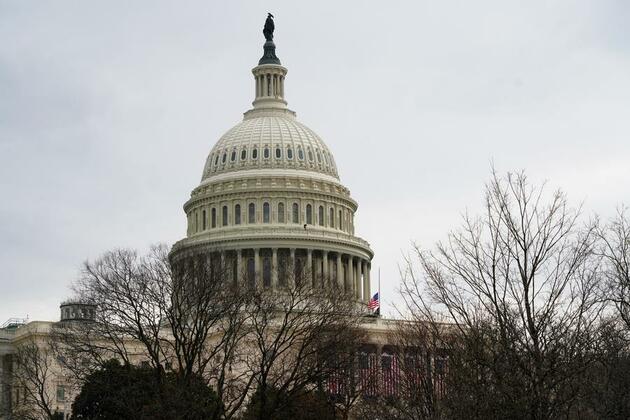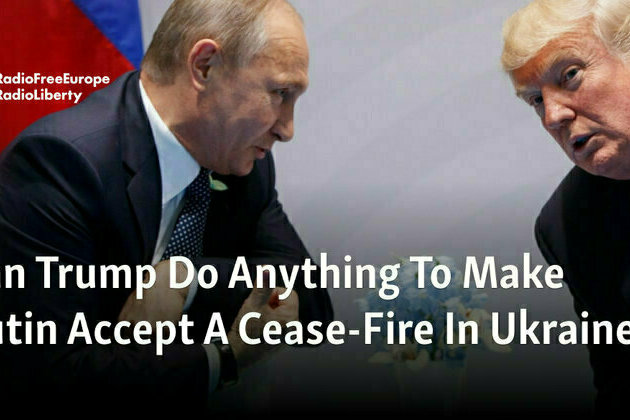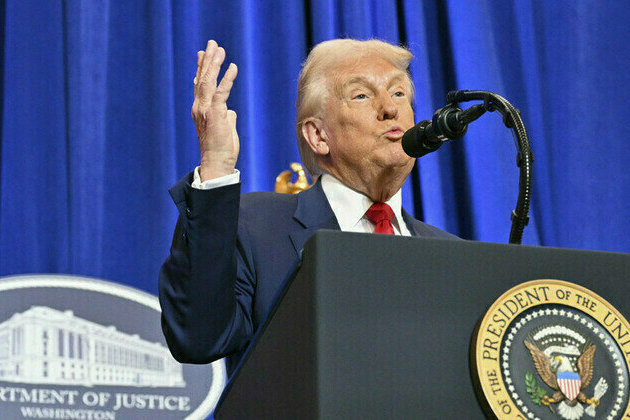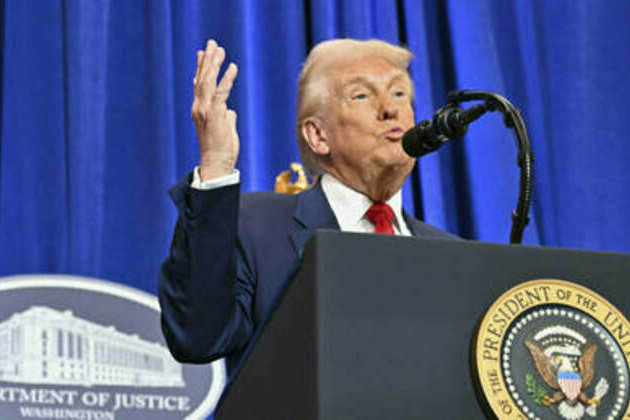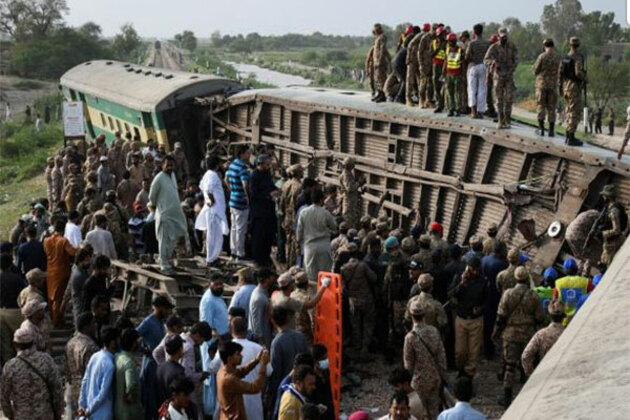The importance of personal memory on Remembrance Day
The Conversation
08 Nov 2019, 04:03 GMT+10
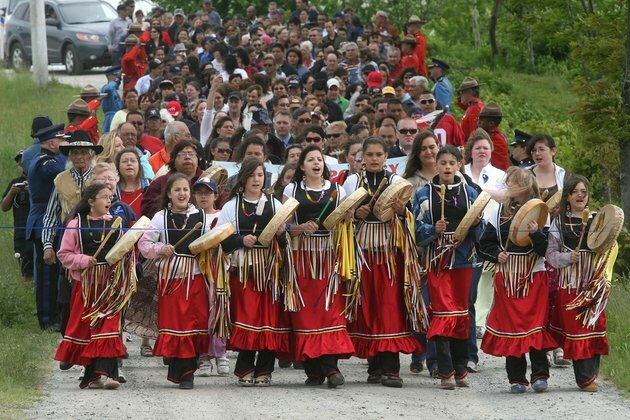
In our digital age, we have increasingly outsourced memory to electronic devices. Without technology, many of us no longer remember where we need to be most of the time, and find it hard to keep track of phone numbers or birthdays. We are living through a profound shift in the practice of memory.
Nonetheless, there remains something significant about what and how humans remember. On Nov. 11, an annual international day of remembrance, it is worth reflecting on the changing nature of memory.
Our interdisciplinary research leads us to explore how memory can provide a powerful tool as we seek to address humanity's most intractable political, sociological and environmental problems.
On Turtle Island (North America), memory runs deep. For thousands of years before the notion of Canada, Indigenous Peoples lived on this land, passing memories across generations through oral traditions. This chain of knowledge, robust and vibrant, was stretched to a near breaking point by colonial oppression enacted through systems like Indian Residential Schools.
In the face of such inter-generational trauma, memory serves as a heavy reminder of the past, a burden to be carried by those who survived. The Truth and Reconciliation Commission of Canada was a process of collective remembering, bringing intensely personal memories into the public arena; it was remembrance as a form of accountability for settler society.
Memory as a call to action
Memory works against colonialism in other ways. In northern British Columbia, for example, the potlatch system, a gift-giving ceremonial feast, once banned under colonial rule, was re-established by Indigenous communities after a century in which its memory had been kept alive in private places. Through the memories of Indigenous elders, a new generation was able to rekindle long-held practices, and re-establish a connection to ancestors and territory.
The long arc of traditional knowledge contrasts with modern notions of living in the moment, where yesterday offers little guidance about what today may bring, let alone tomorrow. We have forgotten Earth as it was not so long ago - when the skies darkened with flocks of passenger pigeons, the Grand Banks choked thick with cod and the prairies ran with buffalo.
The new normal, forged from forgetfulness, masks the environmental devastation of the last century. Oblivious, we fail to hear the call to action already issued by climate change. Here, too, the memory of what has been lost may help overcome our collective environmental inertia.
We do not face the task of critical remembering alone. Earth itself provides a repository of climate history, engraved in glacial ice and in deep ocean sediment. So important is this bank of memories that a group of international scientists, faced with the rapidly disappearing glaciers, has launched the Ice Memory project, creating a global ice sanctuary in Antarctica.
In the future, one may be able to visit a climate museum, where ice cores are preserved as memory objects of the glaciers, and the environments, that once were.
Whose memories are remembered?
There are other ways in which broader memory guides us to necessary change for the future. Yet, too often, our monuments of remembrance and the objects we preserve in museums tell partial stories.
Increasingly, scholars are learning to ask who and what is missing and what goes unacknowledged. For example, in remembering those who served in the First World War, what of the stories of the non-western combatants who fought and fell in the trenches? Western official historical accounts need to open up their searches and recollections to include marginalized communities whose experiences have been excluded from official western histories. The democratization of memory promises a more equal future.
The #MeToo movement similarly asks for radical change in the memories that count, and in our ability to listen to complex personal recollection. But equally, it requires us to ask what difference such painful remembering serves. What has been the #MeToo movement's impact on gendered power? Do we really need to hear more to know what is wrong?
Retelling can weigh heavily on the survivor, particularly if nothing shifts in the structures of power. This raises the question of not whether these memories matter - they do - but rather of our obligation to be galvanized into change by what they tell us.
Aspirations for tomorrow
Memory must inform our present for us to imagine a better future.
Neurological research shows that regions of the brain that store and reconstruct memory are also involved in our ability to imagine what tomorrow might bring. This was illustrated dramatically by the case of Kent Cochrane, a Canadian who lost his short-term memory after a traumatic brain injury he sustained in a motorcycle accident.
Cochrane used notes left on the refrigerator by his caregivers to recall the day-to-day events of his life. When asked to imagine the future, he couldn't. He described it as the "blankness" of an empty room. Such blankness sounds terrifying, but it also has one redeeming quality; unfettered possibility.
However, we should resist being beguiled by the lure of the future to the point of amnesia about our past. Our aspirations for tomorrow - a future of carbon neutrality, gender equality, justice for Indigenous peoples - must be informed by our experience and the histories we inherit.
The act of remembering doesn't consign us to the past. By understanding both the insights and the limits of memory, we reach for a world that is more inclusive and healthier than the one we currently inhabit.
[ Deep knowledge, daily. Sign up for The Conversation's newsletter. ]
Authors: Philippe Tortell - Professor and Head, Dept. of Earth, Ocean & Atmospheric Sciences, University of British Columbia | Margot Young - Professor of Law, University of British Columbia | Mark Turin - Associate professor, Department of Anthropology, University of British Columbia 
 Share
Share
 Tweet
Tweet
 Share
Share
 Flip
Flip
 Email
Email
Watch latest videos
Subscribe and Follow
Get a daily dose of Baton Rouge Post news through our daily email, its complimentary and keeps you fully up to date with world and business news as well.
News RELEASES
Publish news of your business, community or sports group, personnel appointments, major event and more by submitting a news release to Baton Rouge Post.
More InformationBusiness
SectionU.S. stocks rally hard despite drop in consumer sentiment
NEW YORK, New York - U.S. stocks rallied hard on Friday, boosted by strong rises around the world. Investors shrugged off a decline...
Maserati cancels electric MC20 plans over low demand
MILAN, Italy: Maserati has scrapped plans for an electric version of its MC20 sports car, citing low expected demand for the high-performance...
Volkswagen to slash 1,600 jobs at Cariad by year-end
BERLIN, Germany: Volkswagen is set to cut 1,600 jobs at its Cariad software division by the end of the year, affecting nearly 30 percent...
Travel to and from Israel to be boosted by terminal reopening
The principal terminal, Terminal 1, at Israel's largest airport will reopen at the end of this month, having largely been closed since...
Tech stocks lead renewed selling on Wall Street
NEW YORK, New York - The knee-jerk introduction of trade tariffs by President Donald Trump continues to rattle markets with all the...
Ford to invest up to $4.8 billion to revive struggling German unit
FRANKFURT, Germany: Ford announced this week that it will inject up to $4.8 billion into its struggling German unit to stabilize its...
World
SectionRussia must accept proposal for 30-day ceasefire: French President Macron
Paris [France], March 15 (ANI): French President Emmanuel Macron on Friday (local time) called on Russia to accept the US-brokered...
U.S. Senate approves six-month funding bill hours before shutdown deadline
This photo taken on Jan. 18, 2025 shows the U.S. Capitol building in Washington, D.C., the United States. (Xinhua/Wu Xiaoling) The...
Can Trump Do Anything To Make Putin Accept A Cease-Fire In Ukraine
While Ukraine has signed up to a US cease-fire plan, Russian President Vladimir Putin has equivocated - effectively saying yes, but....
Trump warns Kiev not to pick on somebody larger than you
The US president has again pleaded with Moscow to spare the lives of Ukrainian soldiers surrounded on Russian soil President Donald...
Trump warns Kiev not to 'pick on somebody larger than you'
The US president has again pleaded with Moscow to spare the lives of Ukrainian soldiers surrounded on Russian soil ...
"Will take on terrorists, enablers both inside and outside country": Pakistan Army on Jaffar Express hijacking
Islamabad [Pakistan], March 15 (ANI): Following the Jaffar Express train hijacking by Baloch Rebel groups, Pakistan's Inter-Services...







